& Nassau County
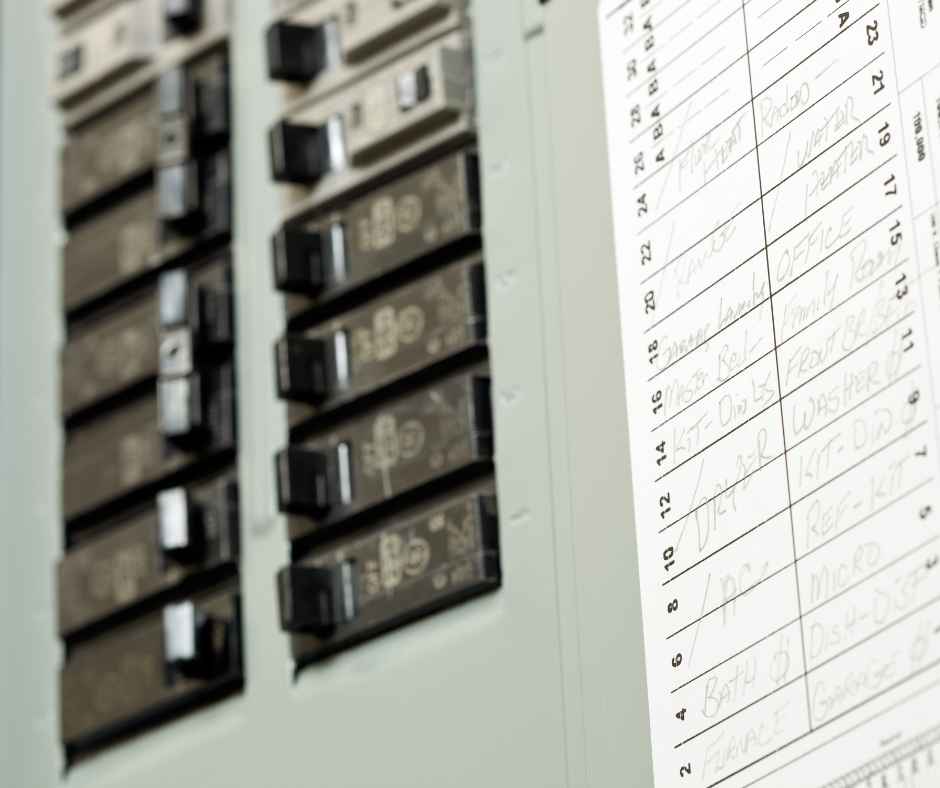
How to Find What Is Tripping My Circuit Breaker
April 9, 2024
Discovering how to find what is tripping your circuit breaker can feel like solving a mystery. Whether it’s in the middle of a quiet night or during a bustling day, a tripped circuit breaker can disrupt your daily routine and leave you in the dark—literally. But worry not! In this friendly guide, we’ll walk you through how to find what is tripping your circuit breaker, ensuring your home remains safe, efficient, and well-lit.
Why Does My Breaker Keep Tripping?
If your breaker keeps tripping, it’s a sign that there might be an underlying issue that needs addressing. Here are some common reasons why your circuit breaker keeps tripping:
- Reset the Breaker: First, safely reset the breaker. If it trips again immediately, the fault lies with a permanent fixture or wiring.
- Overloaded Circuit– One of the most common reasons a breaker keeps tripping is an overloaded circuit. This occurs when too many appliances or devices are connected to a single circuit, drawing more electricity than it can handle. High-wattage devices like air conditioners, heaters, and hair dryers are typical culprits.
- Short Circuit– A short circuit happens when a hot wire touches a neutral wire, causing a surge of electricity that trips the breaker. This can be due to faulty wiring, damaged insulation, or loose connections. A short circuit is a serious electrical issue and poses a fire risk.
- Ground Fault– A ground fault occurs when a hot wire touches a ground wire or a grounded part of a system. This can cause an excessive flow of electricity, leading to a circuit breaker tripping. Ground faults often occur in areas with high moisture levels, such as kitchens or bathrooms.
- Faulty Appliances– Sometimes, the reason your circuit breaker keeps tripping is due to a faulty appliance. Damaged or malfunctioning appliances can draw an excessive amount of current, leading to a tripped breaker. Check your appliances for any signs of damage or unusual operation.
Figure Out The Cause of the Problem
Understand Your Circuit Breaker
Your circuit breaker is your home’s safety mechanism against electrical overload and short circuits. When too much electricity flows through a circuit, the breaker trips, shutting off power to prevent damage or fire. Identifying the cause is the first step to resolution.
Identify the Culprit
- Reset the Breaker: First, safely reset the breaker. If it trips again immediately, the fault lies with a permanent fixture or wiring.
- Unplug Devices: If resetting works, unplug all devices on the affected circuit. Plug them back in one by one, and see which one trips the breaker.
- Check for Overload: High-wattage appliances like heaters or hair dryers can easily overload a circuit. Ensure you’re not demanding too much from one circuit.
- Inspect for Damage: Look for visible signs of damage on your appliances and cords. Frayed wires or scorched plugs can be the culprits.
Prevent Future Trips
- Spread Out High-Wattage Devices: Avoid plugging too many high-wattage devices into the same circuit.
- Regular Maintenance: Regularly check and replace damaged cords and plugs.
- Upgrade Your Electrical System: If trips happen often, your home might benefit from an electrical system upgrade.
When to Call a Professional
While many trips can be resolved with a bit of detective work, frequent or unexplained tripping should be handled by professionals. Electrical issues can be complex and dangerous.
Electrical Issues? Call NH Ross
Struggling to figure out what is tripping your circuit breaker? Don’t let electrical issues dim your day! NH Ross is here to brighten your home with our expert electrical services. From minor troubleshooting to major electrical upgrades, our team ensures your home is safe and your power is steady. Contact us today for a worry-free electrical solution!
Recent News
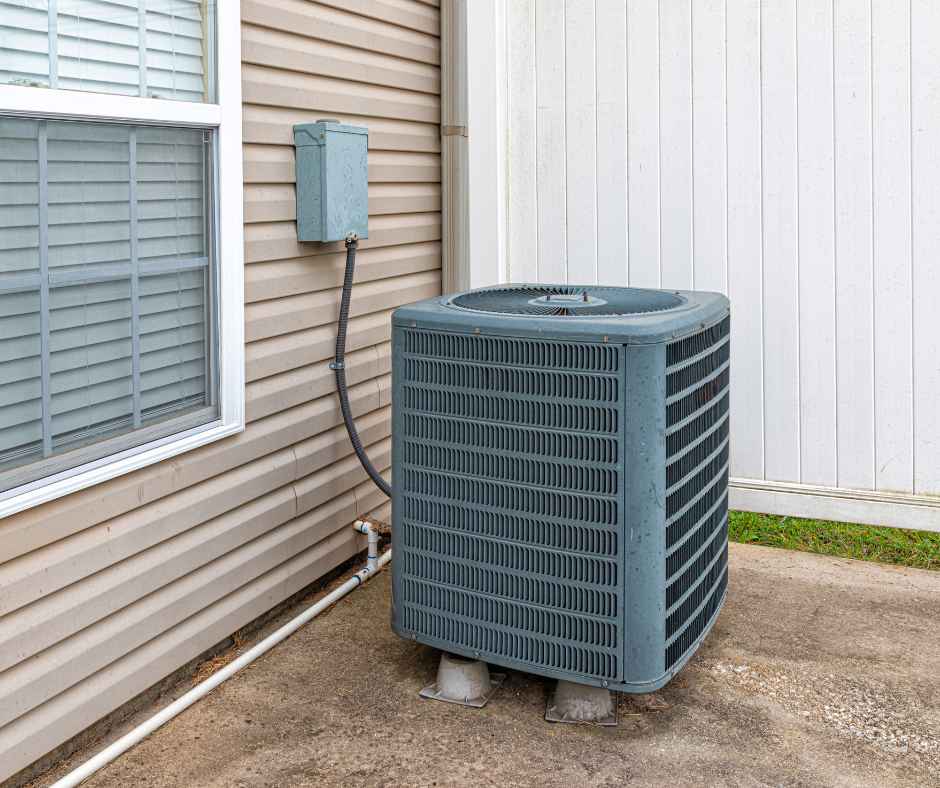
What To Do When Your AC Unit Freezes Up Inside
June 17, 2025
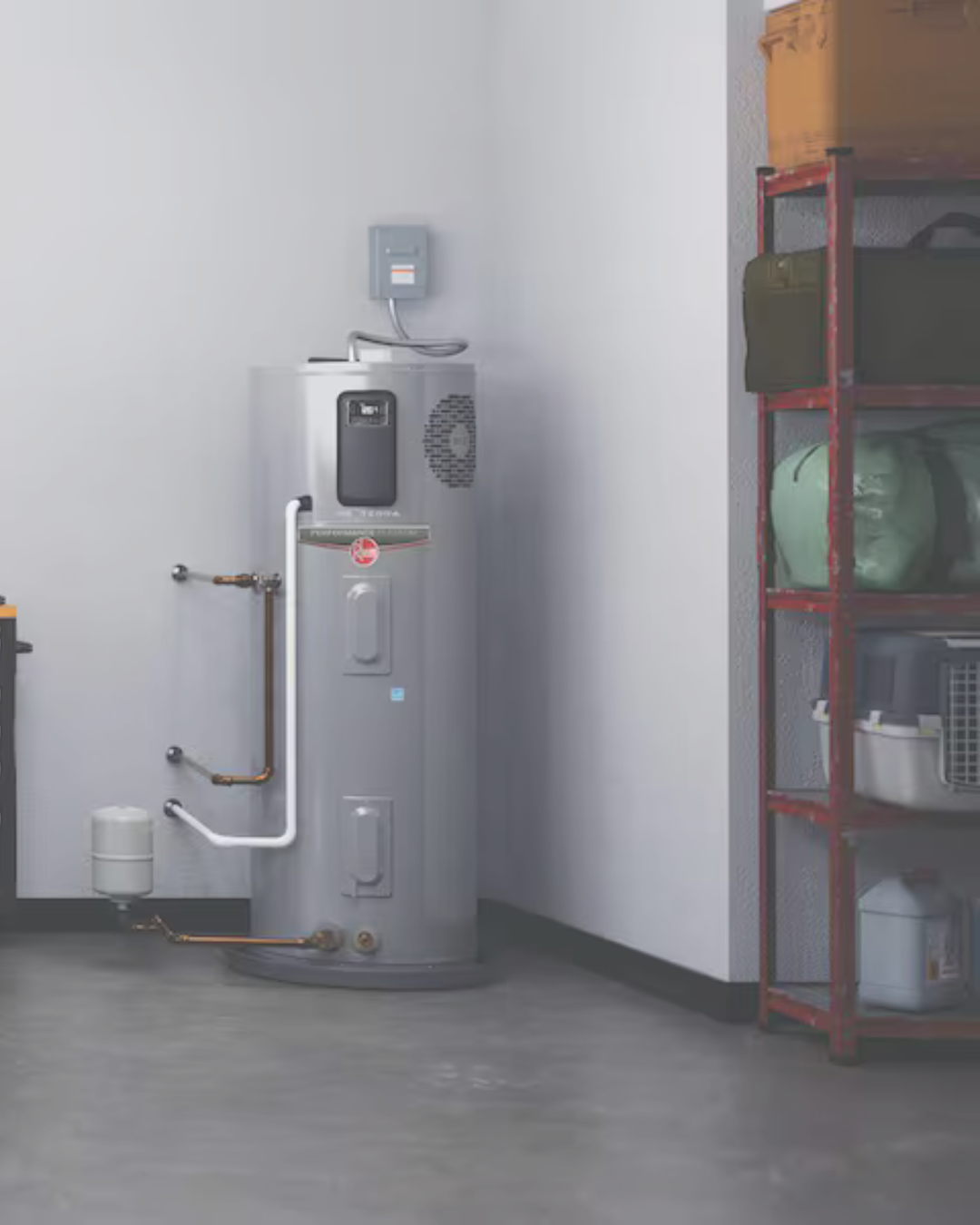
Upgrade Your Water Heater & Save: Up to $1,200 Back from PSEG Long Island
May 28, 2025
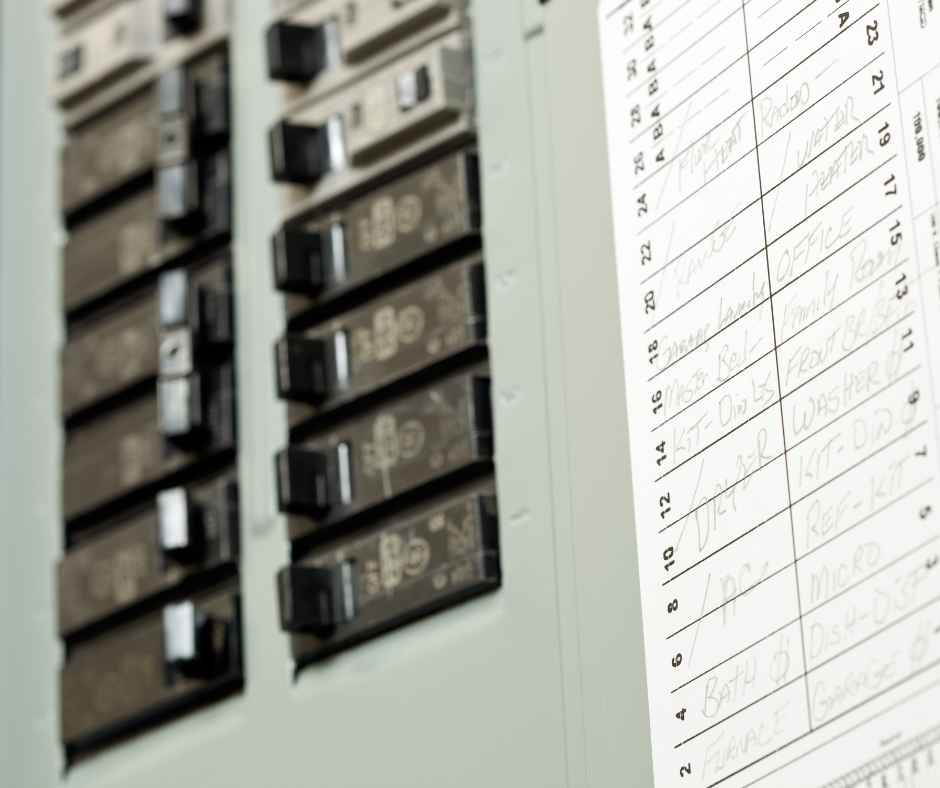
Why Does My Power Keep Going Out?
May 19, 2025
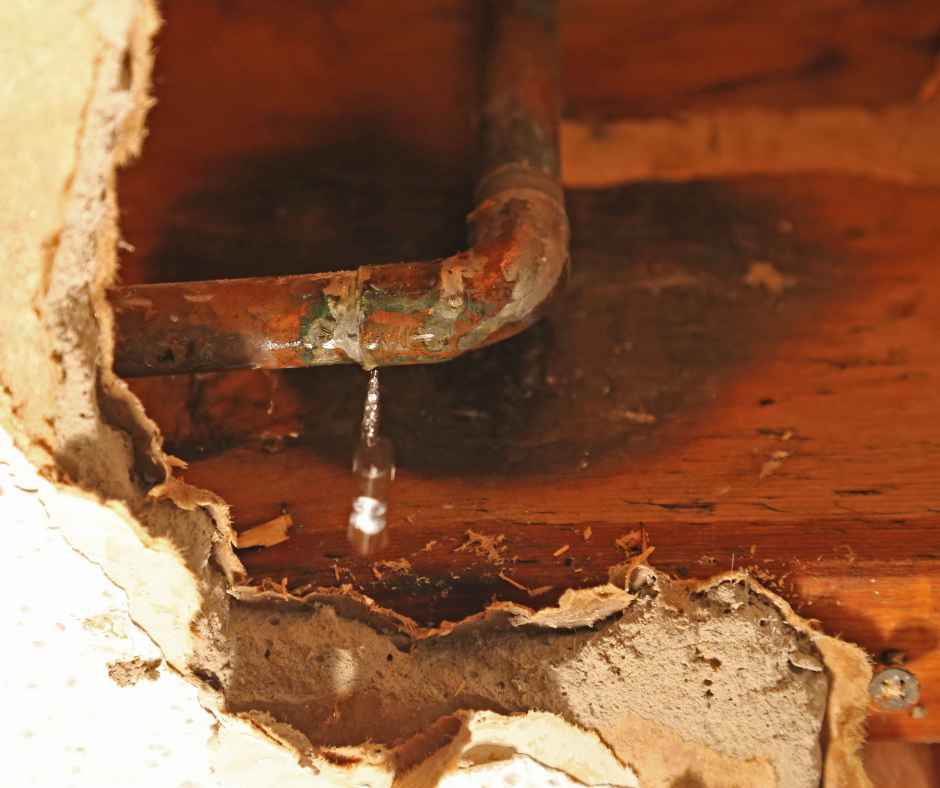
What Are The Signs of a Plumbing Leak?
April 12, 2025
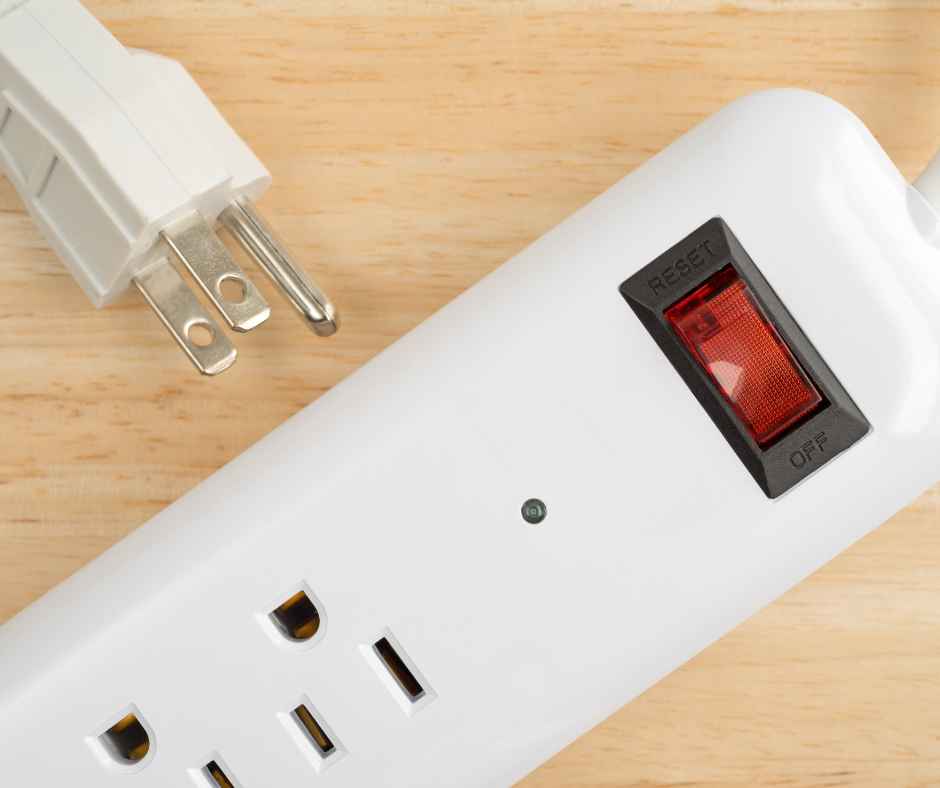
What Is a Power Surge?
March 11, 2025
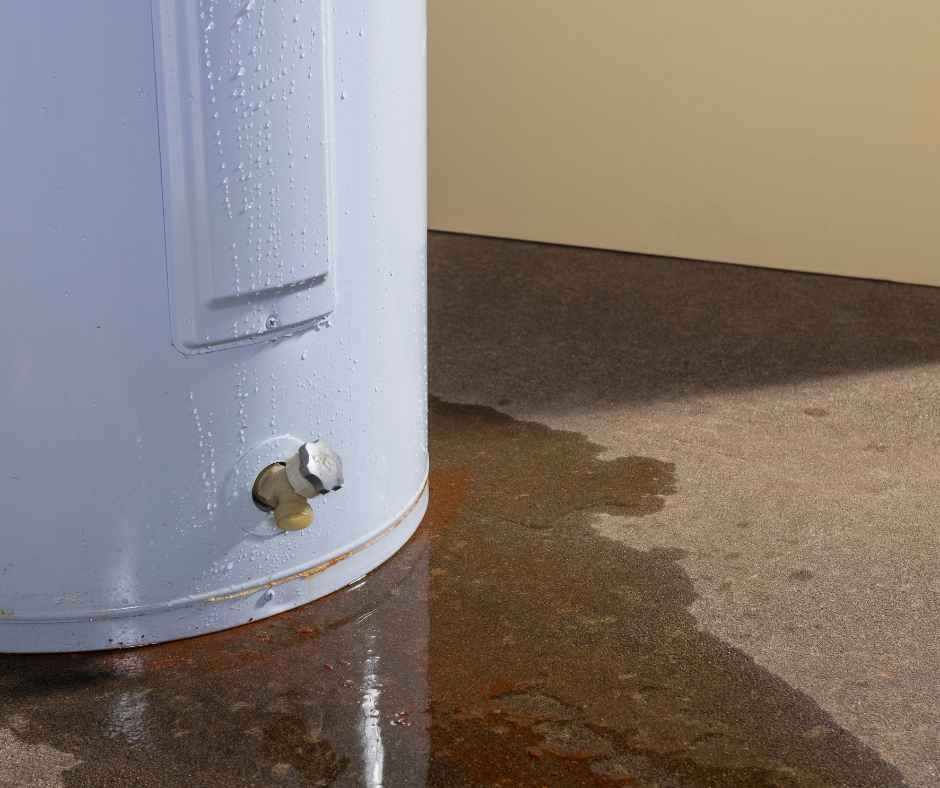
Is a Leaking Water Heater Dangerous?
February 14, 2025


